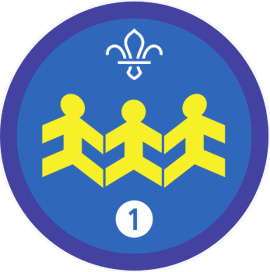Plastic pollution
Plastic pollution
This theme is about understanding how the items we use in everyday life affect the world. In this theme, you’ll explore what happens to items after they stop being useful to us.
You could get stuck in by finding out about recycling in your local community, taking part, and encouraging others to get involved. This may be a good theme to choose if you want to stay close to home but don’t have a lot of green space nearby. You’ll still get to spend time outdoors as much as possible.
There are five steps to this community impact project:
Earn stage one of your Community Impact Staged Activity Badge by taking positive steps toward recycling and reducing waste in your local area.
Step one: identify the need
Try out any, or all, of these activities to learn about the impact of plastic pollution and how you can reduce, reuse or recycle. You could do them one after the other, or in separate sessions.
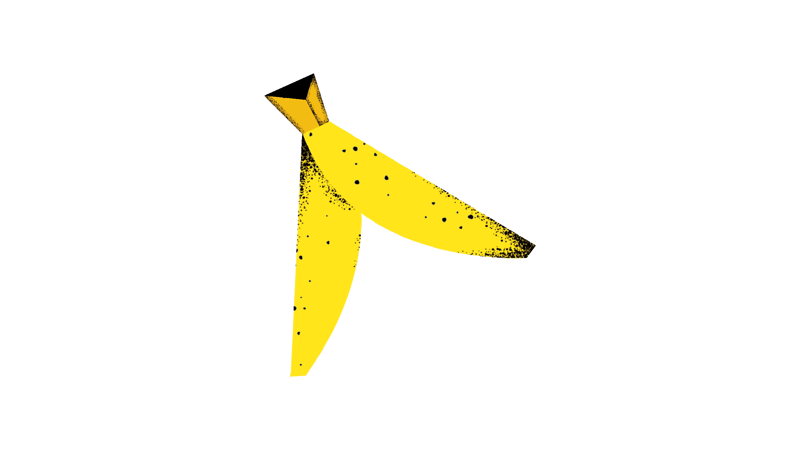
Rubbish doesn’t disappear when it’s thrown away. Can you work out how long different things take to break down?
Takes: 20 minutes

Explore how the items we use in everyday life can affect the world around us and hunt out the litter around you.
Takes: 30 minutes
Use a simple elastic band to explore the effect litter can have on wildlife.
Takes: 15 minutes
Step two: plan action
Now it’s time to decide what issue you should take action on and what you want to change.

Upcycle litter into artistic garden ornaments with this creative craft.
Takes: 50 minutes
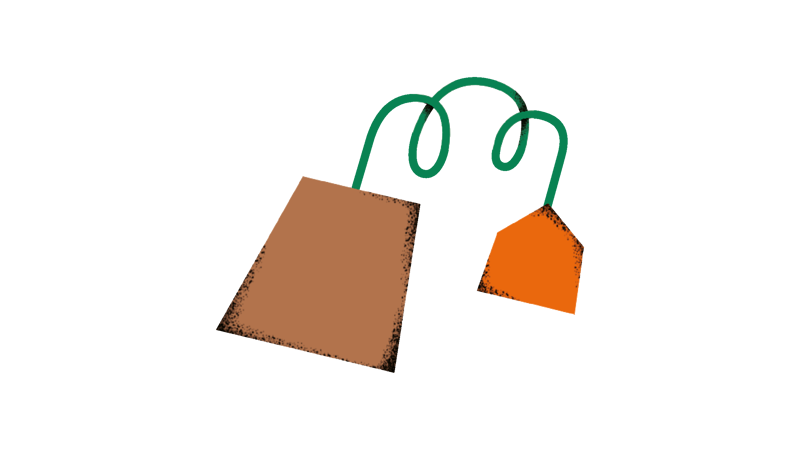
Where do you store your recycling? Try making a bin out of recycling to put it in.
Takes: 20 minutes
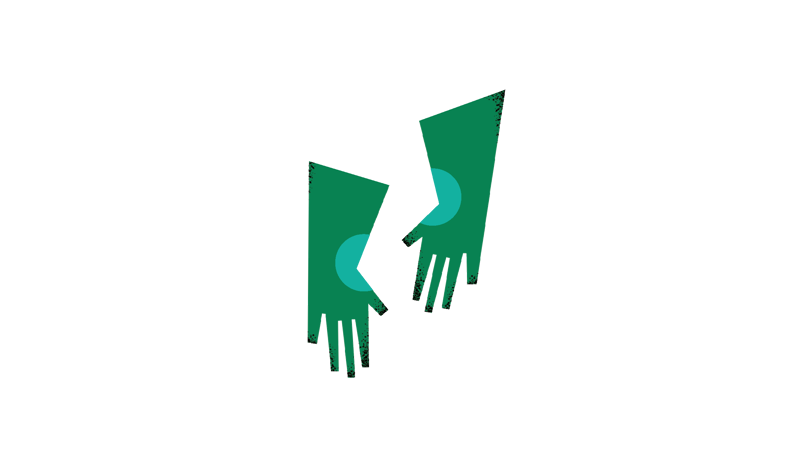
What does a plant need to grow? Get outside, get your fingers green, and find out in this fun science experiment.
Takes: 30 minutes
Step three: take action
To complete stage one of your badge, you’ll need to spend at least four hours taking action, over three months.

Make natty mats and reuse refuse, learning the art of weaving along the way.
Takes: At least 3 hours
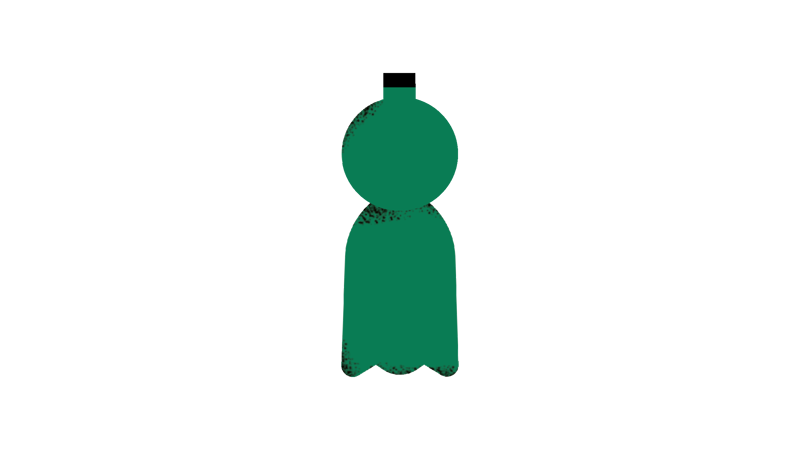
Put your DIY skills to the test and build a greenhouse from plastic bottles, then experiment with growing different flowers or vegetables.
Takes: At least 3 hours
Step four: learn and make more change
After you’ve taken action, discuss what you’ve learned, how you have made people’s lives better, the skills or knowledge you’ve developed, and what you could do to help even more people in your chosen community.
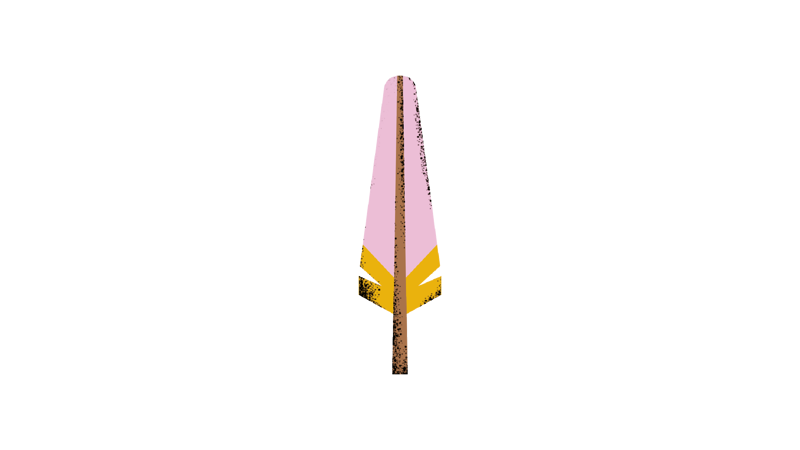
Make postcards to reflect on what you’ve learned, what you’ve achieved, and what your next steps could be.
Takes: 25 minutes
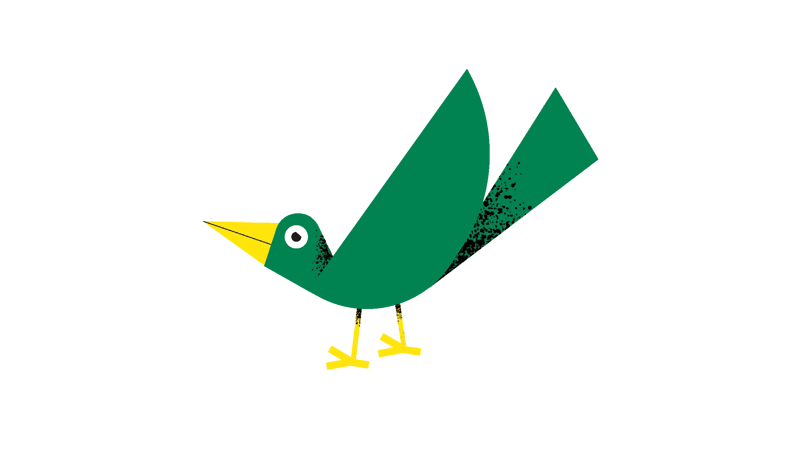
Revise and recount a recent adventure to the rest of the group, with the help of some picture prompts.
Takes: Up to 1 hour
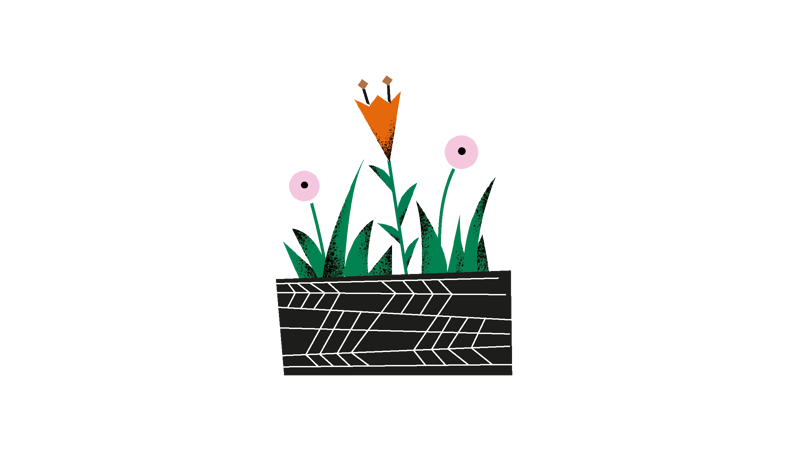
After taking action on social issues, it’s time to interview each other on camera so you can reflect and share what you’ve learned.
Takes: 1 hour
Step five: tell the world
Finally, it’s time to share your actions far and wide. Help other people to understand why the issue you took action on is important, what you did and how they can help.
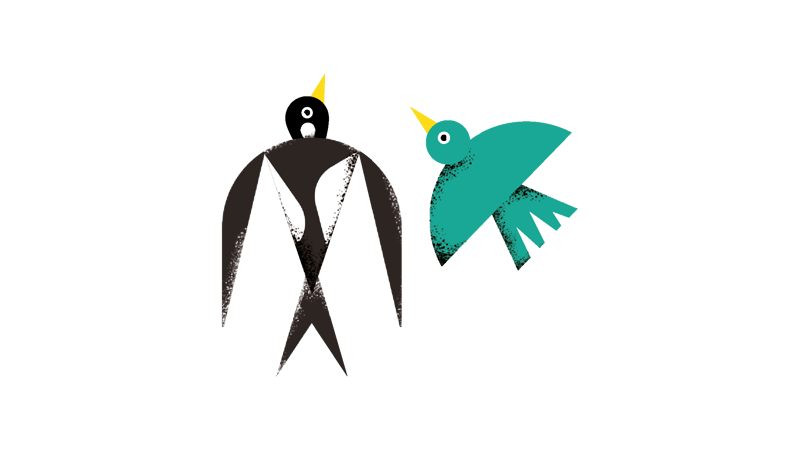
After taking action on social issues choose the best method to tell people what you’ve done, then get stuck in.
Takes: 1 hour
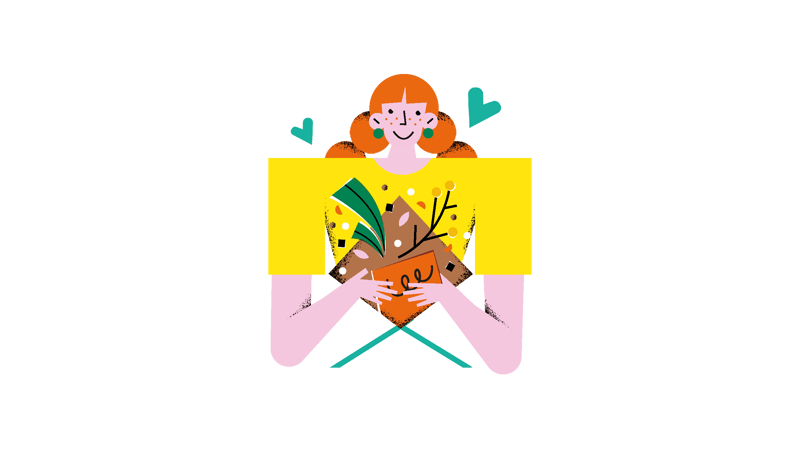
Make it newsworthy and share a story you’re passionate about with the world.
Takes: 1 hour
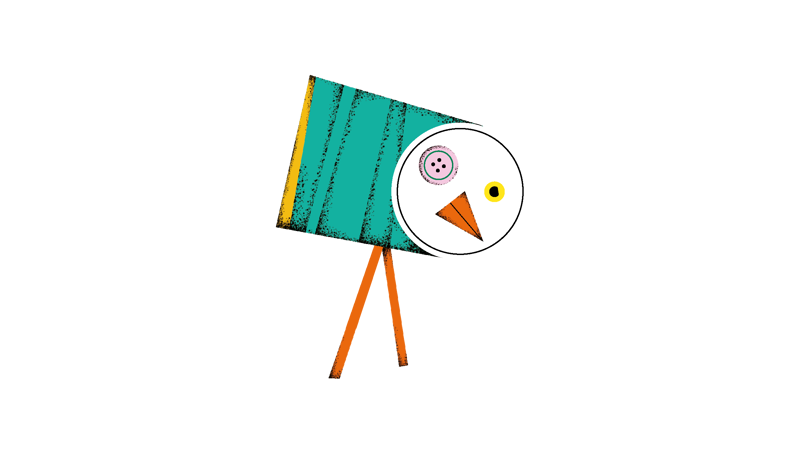
Share your community impact project with the world by making a short film.
Takes: Up to 2 hours
